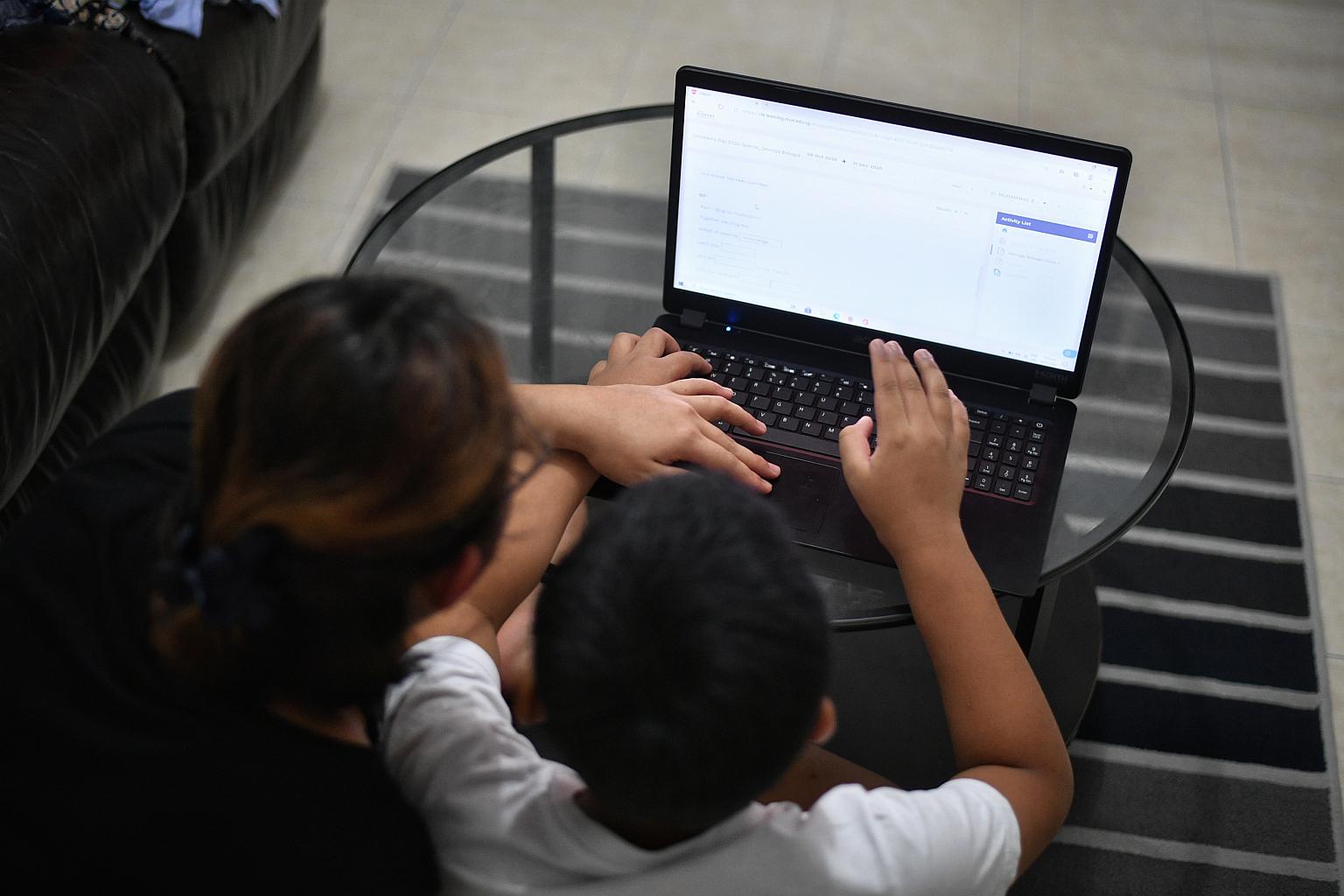Study by SUSS, Mendaki finds strong link between PSLE grades and socio-economic status
Sign up now: Get tips on how to help your child succeed

Researchers said this study provides increasing evidence of the link between lower socio-economic status and lower academic achievement.
PHOTO: ST FILE
SINGAPORE - Researchers at the Singapore University of Social Sciences (SUSS) have found a strong link between pupils' socio-economic status and their academic performance.
In 2019, they analysed data from 875 Primary 6 pupils enrolled in Malay/Muslim self-help group Yayasan Mendaki's tuition scheme and used cluster analysis to group the pupils into two blocs.
Cluster analysis is a process which groups subjects with similar traits and characteristics together to form "clusters".
The researchers found that the pupils fell into two clusters, with pupils in the first having better PSLE scores, and pupils in the second doing worse.
Pupils in the first group also tended to be of a relatively higher socio-economic status, while those with indicators related to having a lower socio-economic platform tended to perform worse.
Some of the indicators of socio-economic status that the researchers used were the type of residence, whether or not the pupil lived in a rental block, and the household's per person income.
An extension of this pilot study was conducted three years later, also by SUSS, looking at 2,541 primary-level pupils.
The pupils fell into three clusters, whose characteristics followed those identified in the first study.
Pupils in the first cluster had a higher household per capita income, a lower rate of living in rental housing and a smaller household size. They also did better in literacy and numeracy.
Pupils in the second cluster were in the middle in terms of socio-economic status and were also in the middle in terms of academic performance, while those in the third cluster skewed towards a lower socio-economic status and had the worst grades.
Researchers said this study provides increasing evidence of the link between lower socio-economic status and lower academic achievement.
The paper said: "The findings of this study indicate clearly that the issue of the Malay community's underperformance goes beyond school support, with social and income inequalities affecting academic outcomes."
Associate Professor Sylvia Chong, who was the principal investigator in both studies, said they provide a baseline for future research.
She said: "A longitudinal study - which looks at the same variables over a longer period of time - would be very useful for Mendaki moving forward."
Senior Minister of State for Manpower and Defence Zaqy Mohamad, who is deputy chairman of Mendaki, said the findings would help Mendaki make data-driven and informed decisions.
He said: "We have better capabilities now to use data to run our programmes, launch new programmes, and fill up the gaps of how we can help the community."


